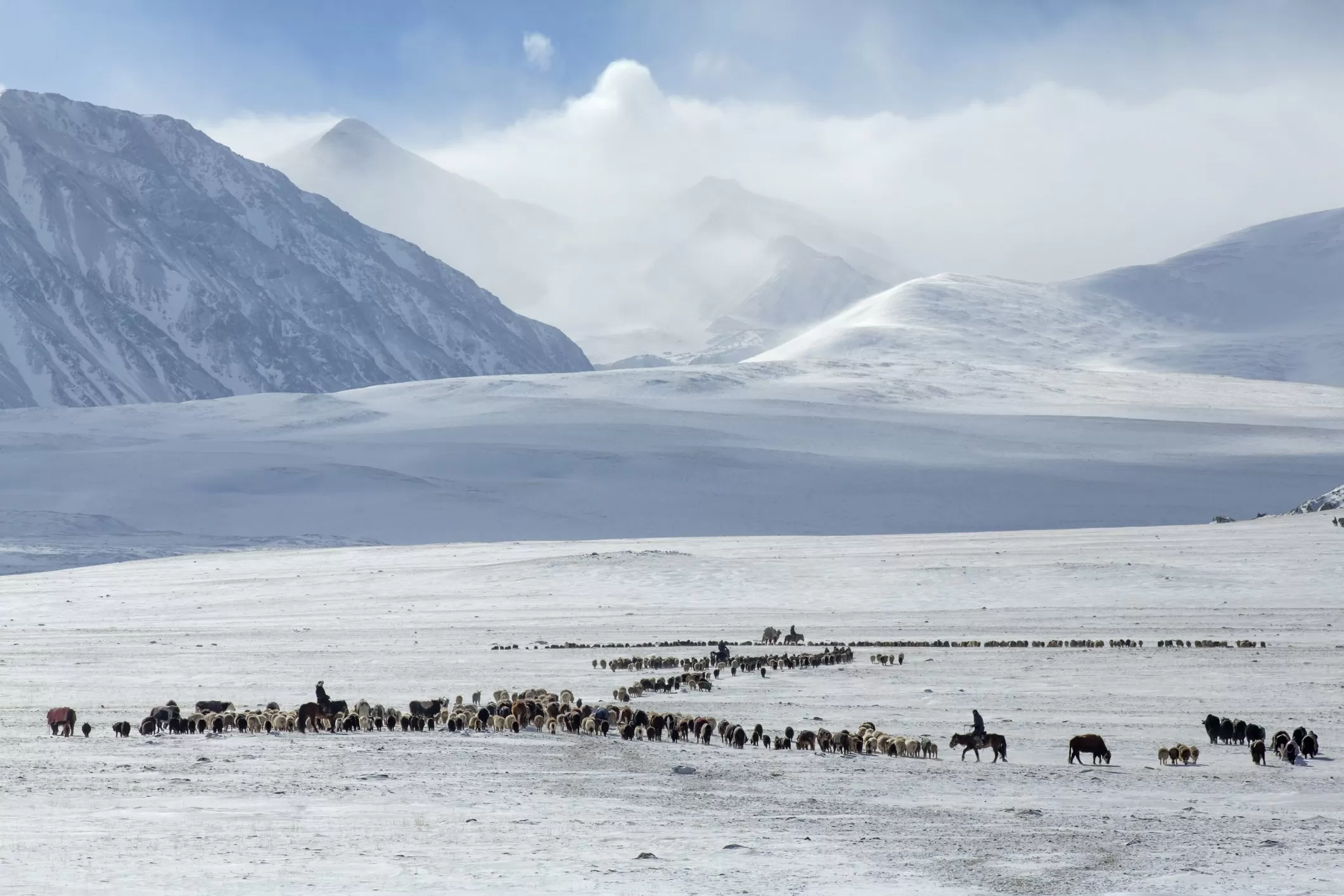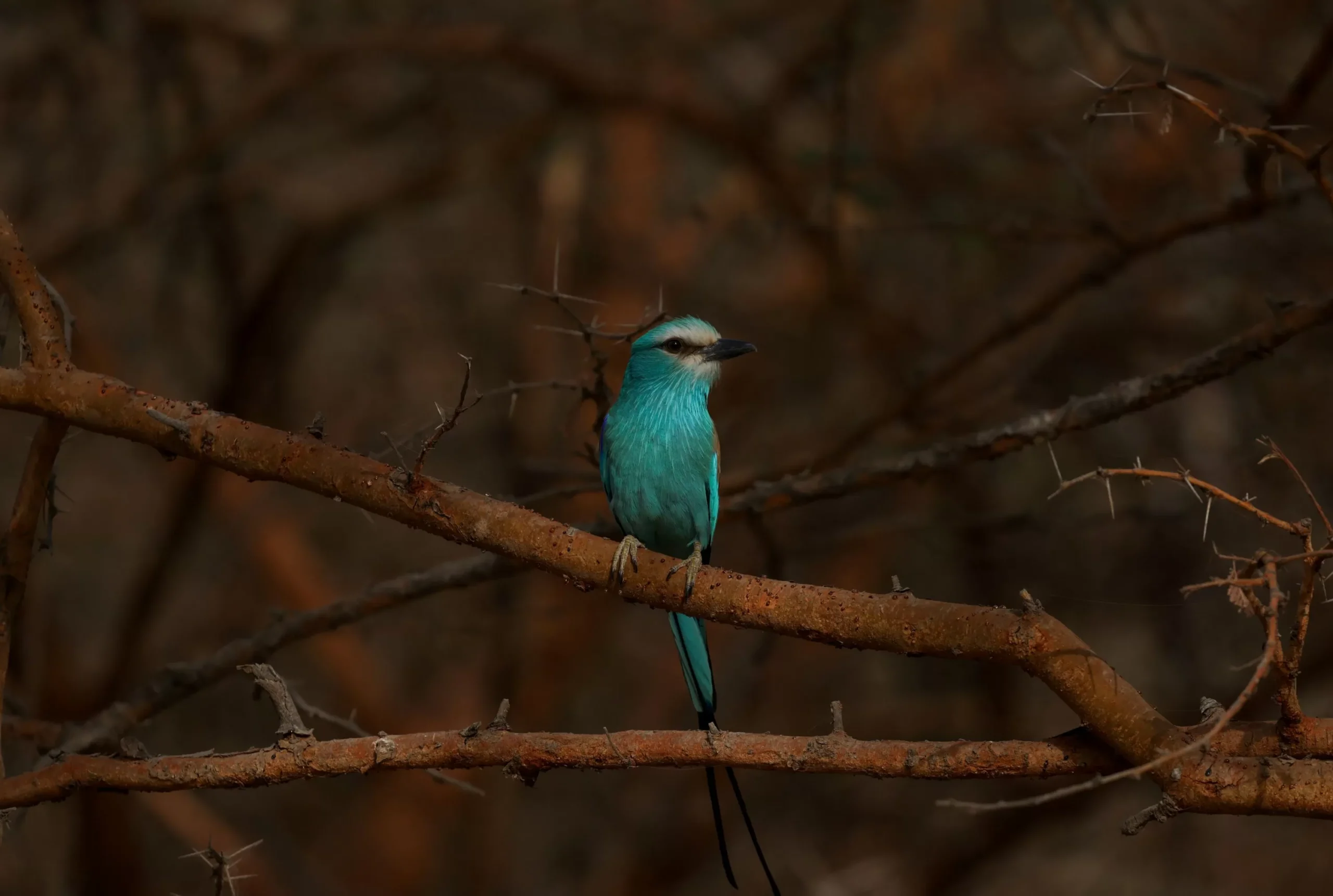Extreme cold and heavy snowfall have always been a part of Mongolia’s harsh winter climate. However, this year, the extreme weather conditions have taken a devastating toll on the country’s herders, resulting in significant economic losses. According to recent reports, over 1.5 million herd animals have perished this winter, leaving herders struggling to cope with the aftermath.
Mongolia is known for its vast and rugged landscapes, where nomadic herding has been a way of life for centuries. The country’s economy heavily relies on the livestock industry, with nearly 30% of the population involved in herding. The harsh winter conditions, known as dzud, have always been a challenge for herders, but this year’s dzud has been particularly severe.
The dzud is a natural disaster that occurs when extreme cold temperatures and heavy snowfall combine to create a deadly combination for the country’s livestock. This year, the dzud has hit Mongolia’s herders hard, with temperatures dropping as low as -50 degrees Celsius and snowfall reaching up to 2 meters in some areas. The result has been catastrophic, with over 1.5 million herd animals perishing, including sheep, goats, cattle, and horses.
The loss of so many animals is not only a financial blow to herders but also a cultural and emotional one. For many herders, their livestock is not just a source of income but also a way of life. The loss of their animals means the loss of their livelihoods and a way of life that has been passed down for generations.
The economic impact of the dzud is also significant. The loss of so many animals means a loss of income for herders, who rely on the sale of livestock and their products for their livelihoods. The country’s economy is also affected as the livestock industry contributes significantly to Mongolia’s GDP.
The government of Mongolia has recognized the severity of the situation and has taken steps to support the affected herders. The government has allocated emergency funds to provide hay and other essential supplies to herders, as well as financial assistance to help them get through this difficult time. The government has also set up temporary shelters for herders who have lost their homes to the harsh weather conditions.
In addition to government support, the international community has also stepped in to help. Organizations such as the Red Cross and UNICEF have provided emergency aid, including food, shelter, and medical supplies, to the affected herders. The generosity and support of the international community have been crucial in providing relief to the herders during this challenging time.
Despite the devastating losses, there is a sense of resilience and determination among the herders. They have faced harsh winters before and have always found ways to overcome the challenges. Many herders have already started rebuilding their herds, with the help of government support and donations from the community.
The Mongolian government has also recognized the need for long-term solutions to prevent such a catastrophic event from happening in the future. They are investing in infrastructure, such as better roads and shelters, to improve the country’s preparedness for extreme weather conditions. The government is also promoting alternative livelihoods, such as tourism and agriculture, to reduce the country’s reliance on the livestock industry.
The dzud has brought to light the vulnerability of Mongolia’s herders and the need for sustainable solutions to protect their way of life. It has also highlighted the importance of global cooperation and support during times of crisis.
In conclusion, the extreme cold and heavy snowfall in Mongolia this winter have resulted in significant economic losses for herders, with over 1.5 million herd animals perishing. The impact of this disaster has been devastating, both emotionally and financially, for the herders and the country’s economy. However, with the support of the government and the international community, the herders are determined to overcome this challenge and rebuild their lives. The dzud has also emphasized the need for long-term solutions to prevent such a disaster from happening in the future. Let us join hands to support and uplift the herders of Mongolia during this difficult time.








